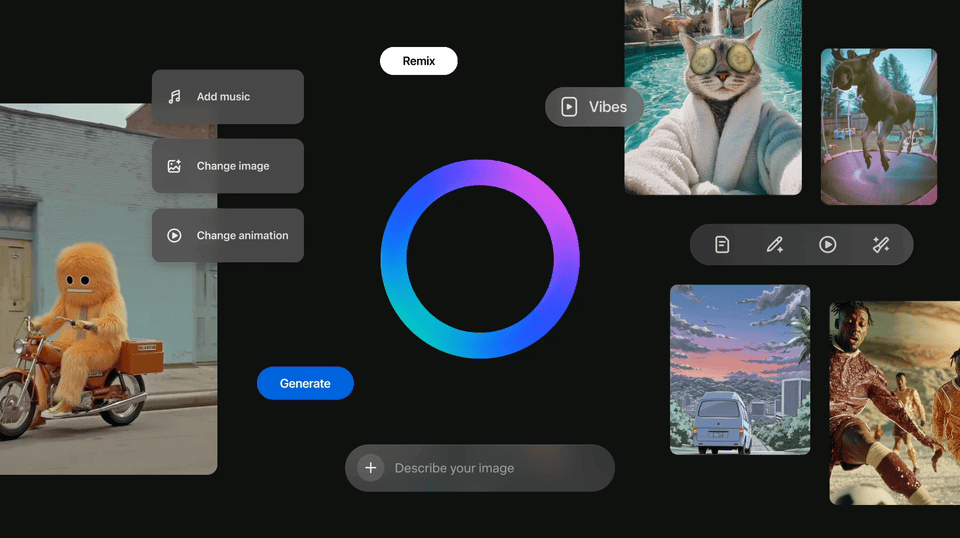Stanford spinout Subtle Computing just closed a $6 million seed round to tackle one of voice AI's biggest headaches - actually understanding what you're saying when there's noise around you. The California startup's voice isolation models promise to work in everything from crowded coffee shops to busy offices, potentially fixing a core problem that's plagued voice-based AI products for years.
Subtle Computing is betting that voice AI's future depends on solving a surprisingly basic problem - getting computers to actually hear you when the world gets loud. The Stanford spinout just secured $6 million in seed funding to build voice isolation models that work in noisy environments, a challenge that's been holding back the entire voice AI ecosystem.
The timing couldn't be better. Voice AI applications are exploding right now, with meeting notetakers like Granola and Fireflies raising massive rounds. Even OpenAI has jumped into meeting transcription, while hardware companies like Plaud are building dedicated voice recording devices.
But there's a catch - most of these solutions still struggle in real-world environments. "Voice doesn't work that way today," founder Tyler Chen told TechCrunch. "Be it a super loud coffee shop or a shared office where there are other people around you."
Subtle Computing thinks they've cracked the code. Instead of building one-size-fits-all models, they train specific voice isolation algorithms for each device's unique acoustics. "When we preserve the acoustic characteristics of a device, we get an order of magnitude better performance than generic solutions," Chen explained to reporters.
The approach is paying off technically. Their voice isolation model runs entirely on-device, weighs just a few megabytes, and processes audio with only 100ms of latency. That's fast enough for real-time conversations and light enough to run on smartphones and earbuds without draining batteries.
The startup caught Qualcomm's attention, landing a spot in the chip giant's voice and music extension program. That partnership opens doors to OEM manufacturers who build devices around Qualcomm's processors - potentially putting Subtle Computing's technology in millions of smartphones, laptops, and smart speakers.












